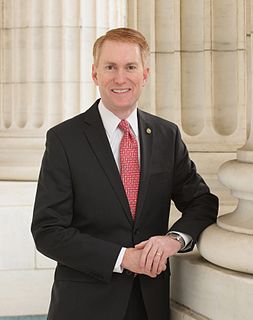A Quote by Paolo Bacigalupi
Everyone in China knows The Topics. The television stations and newspapers run the same state-generated stories all across the country, and the Chinese form their opinions based on these somewhat controlled sources.
Related Quotes
There is state-run television in Russia, which is more loyal to the state, as it always is with state television in any country. We have private owned networks; some of them are oppositional. We have thousands of regional networks that, in their regions, are more watched than the so-called federal stations.
There are a lot of Chinese-American designers and Chinese designers who have had an impact a little bit on the American market, but I think it's going to be interesting to watch if, over time, somebody can emerge from China who is based in China, and whether they come and show in Paris, like Rei Kawakubo or Yohji Yamamoto did.
The videos are sometimes the only way for people across the country and different places to see and hear the music. They may not get the same radio stations or they don't get the same TV channels, they don't have the same MTV that plays the same music. People will use to the Internet and that's why YouTube and stuff like that is so important.
The Chicago City News Bureau was a tripwire for all the newspapers in town when I was there, and there were five papers, I think. We were out all the time around the clock and every time we came across a really juicy murder or scandal or whatever, they'd send the big time reporters and photographers, otherwise they'd run our stories. So that's what I was doing, and I was going to university at the same time.
Advances in the technology of communications have proved an unambiguous threat to totalitarian regimes: Fax machines enable dissidents to bypass state-controlled print media; direct-dial telephone makes it difficult for a state to control interpersonal voice communication; and satellite broadcasting makes it possible for information-hungry residents of many closed societies to bypass state-controlled television channels.
If there's any country that has the capacity not to control North Korea, but to influence North Korea, it's still China. The Chinese always say they have very little influence. They have more than they say they do. We should put pressure on them to do it and there's finally, we're seeing the first signs of a little bit of Chinese disaffection. At some point they're getting tired of the antics of this country. This is a dangerous ally for China to have. And the more Chinese can pressure them and put the economic screws on them, the better it will be for everybody.
All the things I used to count on to get my music out there - record companies, they're all gone. And radio stations, they're gone - they're completely controlled by the government. If they're not controlled by the government, they're controlled by a programmer who's controlled by the government. Mainstream radio is suspect. You can't trust it.





































